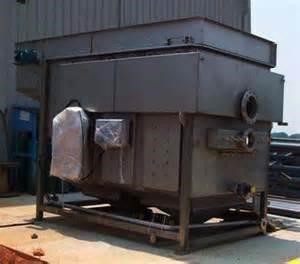What is an Electrocoagulation ETP and who can use this treatment technology?

What is an Electrocoagulation ETP?
An Electrocoagulation ETP is an effluent treatment plant used for the treatment of water, wastewater, and process water. Electrochemical technology and in particular specialized electrocoagulation has become a sustainable water treatment technique due to its ability to remove multiple contaminants more efficiently and economically than conventional chemical treatment systems, such as colloidal silica, emulsified oils, total petroleum hydrocarbons, BOD, COD, refractory organics, trace heavy metals and suspended solids.
This specialized technology combines the advantages and functions of conventional coagulation, flotation and electrochemistry in one modular water and wastewater treatment solution to optimize contaminant removal in a cost efficient and environmentally sustainable way.
An electrocoagulation ETP system provides companies and water utilities the opportunity to enhance a new water or wastewater treatment process configuration or the opportunity to optimize their current treatment process by adding dependability; reducing maintenance and operations costs as well as sludge disposal costs. Additionally, mitigating environmental concerns relating to solids sludge disposal.
Who can use this treatment technology?
Specialized electrocoagulation treatment technology is very versatile and can be used to treat both water and wastewater in both decentralized water utilities as well as industrial water treatment applications in the following industries:
Petrochemical
Oil and Gas
Power Generation
Mining
Food and Beverage
Textile
Pharmaceuticals
Pulp and Paper
General Manufacturing
What water sources can a modular Electrocoagulation water treatment system treat?
These systems are adaptable and can handle different feed water sources listed below. However, water sources with elevated TDS levels above 500 mg/l can typically reduce treatment power consumption.
– Surface Water
– Brackish Water
– Highly Brackish/Seawater
– Process Water
– Wastewater
– Reverse Osmosis Concentrate

